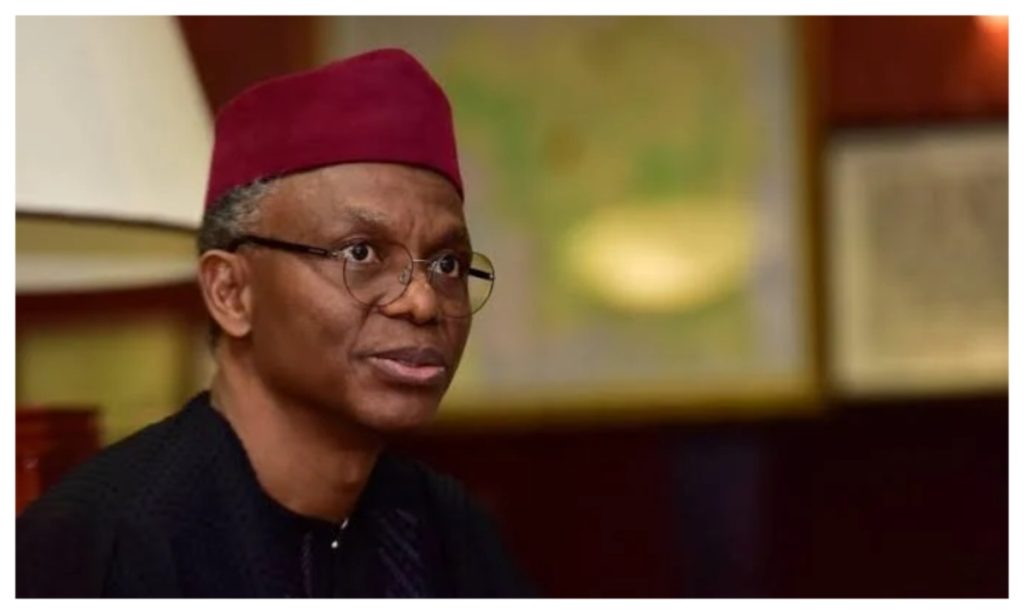Nasir El-Rufai, former governor of Nigeria’s Kaduna State and a prominent opposition figure, has called on residents in two local districts to support candidates from the Social Democratic Party (SDP) in this weekend’s local government elections. The unexpected endorsement comes amid his alignment with a coalition of Nigerian opposition groups aiming to weaken the ruling All Progressives Congress (APC) ahead of national elections in 2027.
In a video shared on his official Facebook page, El-Rufai specifically urged voters in Zaria and Sabon Gari Local Government Areas to cast ballots for SDP candidates Nuhu Abdullah Isada and Dambala Usman. The former governor emphasized the party’s symbol—a white horse—to help voters identify SDP candidates during Saturday’s polls. “Come out massively to vote for these two candidates,” he said, addressing constituents in the Zaria Ekweri and Basawa constituencies.
The appeal marks a notable shift in strategy for El-Rufai, who previously governed Kaduna under the APC banner from 2015 to 2023. His current stance aligns with a broader opposition coalition, which includes the African Democratic Congress (ADC) and other parties united by their goal to challenge President Bola Tinubu’s APC administration. While the coalition has not formally endorsed the SDP, El-Rufai’s localized support highlights tactical variations within the opposition bloc.
Analysts suggest the move reflects growing discontent with the APC’s governance at state and national levels, particularly in northern Nigeria. Local elections in Kaduna, a politically influential state, are often viewed as a bellwether for larger electoral trends. El-Rufai’s targeted endorsement could signal efforts to erode APC dominance in its traditional strongholds ahead of the 2027 general elections.
The SDP, though not a major national party, has gained traction in recent regional polls. Its candidates in Kaduna are now positioned to benefit from El-Rufai’s residual influence, despite his departure from the APC last year after reported disagreements with the party’s central leadership.
Political observers note that voter turnout in local elections across Nigeria is typically low, but high-profile endorsements like El-Rufai’s could incentivize participation. The outcome in Zaria and Sabon Gari may offer insights into the opposition’s capacity to mobilize support and reshape alliances ahead of future contests.
As Saturday’s polls approach, all eyes remain on Kaduna—a key battleground in Nigeria’s evolving political landscape—where even localized races carry implications for national power dynamics.
